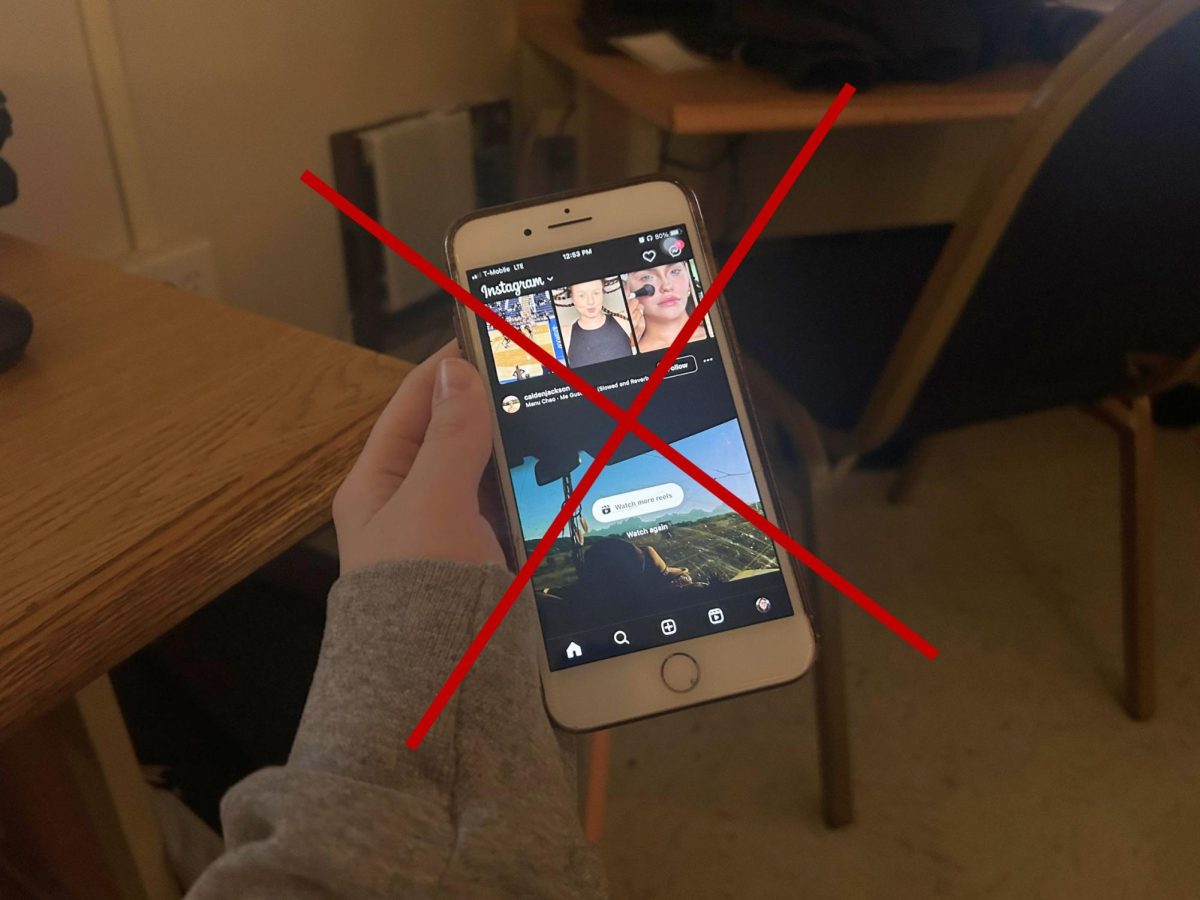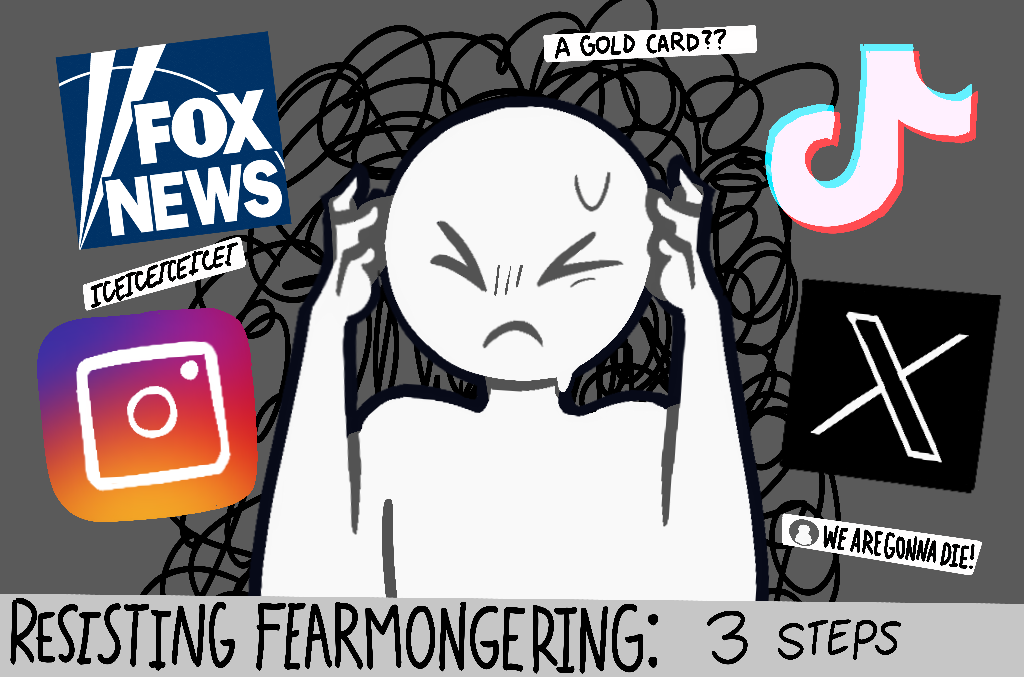As social media continues to rise and reach younger generations, states begin to face controversy on whether children should create accounts and interact on social media apps. As of January 24, Florida’s Republican-led House proposed legislation banning children under 16 from several media platforms, including closing and deleting accounts previously owned by minors.
Republican Speaker Paul Renner introduced this prohibition, now waiting for approval in the Senate, to create a controlled online environment for minors. Incentives for this ban stem from dangerous cyberbullying, predator activity and fear of mental health harm by obsessive social media app use.
“I feel like everyone is so focused on their online presence that it begins to get addicting, so these bans are a step in the right direction. The media is such a scary place, especially for young children who tend to lie about their ages. Of course, there needs to be more details on what the laws would entail, but it might actually be a good thing,” junior Noah Kennedy said.
However, deciding where these restrictions would apply stands as a difficult topic of conversation. The restriction states that several bans would apply to apps with “addictive, harmful or deceptive design features,” but not restrict other features such as games, shopping and text messages. As the bill progresses through state law, extended detailed information will be released to the public.
Numerous social media apps today require a minimum age of 13 for posting and maintaining accounts. Set by owners of the apps, account-creating processes require age verification, although a majority of accounts tend to lie about their actual age. Similar to how streaming platforms set age ratings on particular movies, administering age-appropriate content categories online dominates the reasoning for the bill.
The proposition has received major amounts of opposition claiming parents should regulate their own child’s online presence and that the prohibition violates the First Amendment. As the idea works its way through Florida legislation, new rules will regulate details and keep citizens protected.
As the bill makes its presence in Florida, Georgia continues with a similar proposition: companies must require parental consent for children under 16. Working through the state legislature, the law brings up talk of a signed form or a phone call with proof of ID, as several people believe children would lie about their age. The bill claims to focus on the impact of social media on adolescent mental health. This proposed requirement, Senate Bill 351, also mentions the sharing of social media platform information to parents.
“I do not think banning social media is a good idea because we use social media for more than just to scroll and entertain ourselves… However, I do believe some people use social media for terrible things. Some people abuse the guidelines and post things like violence, dangerous challenges, and sexual content for people to see before the platform can take down the videos,” junior Ethan Raley said.
Students at NC may find new rules regarding social media use in school environments resulting from the progress of bans such as Senate Bill 351. Official’s claims of a safer online future for the next generation and an improvement in teen mental health keep the bill in rotation for the safety of the public.

















